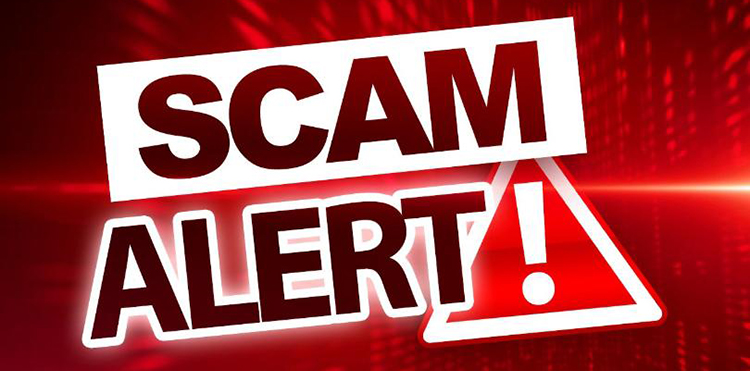
April 2. As COVID-related marketing steps up on Facebook, watch out for scammers attempting to steal your Economic Impact Payments.
The US Attorney in Charlotte and the IRS say fraudsters are becoming much more aggressive as the coronavirus economic impact worsens.
“With economic relief payments soon on the way, scammers will get even more aggressive and more creative to get their hands on your money,” said U.S. Attorney Andrew Murray.
Economic Impact Payments will begin in the next three weeks and will be distributed automatically, with no action required for most people. Information from your 2018 or 2019 tax return will be used to calculate payment.
Most individuals do not need to take any action.
The IRS will calculate and automatically send payment to those eligible.
The IRS will deposit the economic relief check into the direct deposit account previously provided in your tax returns. If banking information was not provided, the IRS will send you a check via mail. The IRS will NOT contact you to request your banking info, will not ask you to confirm personal information to send or expedite your economic impact payment, or require you to pay a fee. 
If you receive a call claiming to be from the IRS or any entity related to the Economic Impact Payment, do not give out your bank account, debit account or PayPal account information, even if someone claims it is necessary to get your check.
It’s a scam.
Visit www.irs.gov for the latest information on new scams and schemes. To find out more about Department of Justice resources and information, please visit www.justice.gov/coronavirus.
To report suspected fraud the Justice Department urges you to call the National Center for Disaster Fraud Hotline by calling 866-720-5721 or sending an email to disaster@leo.gov.





